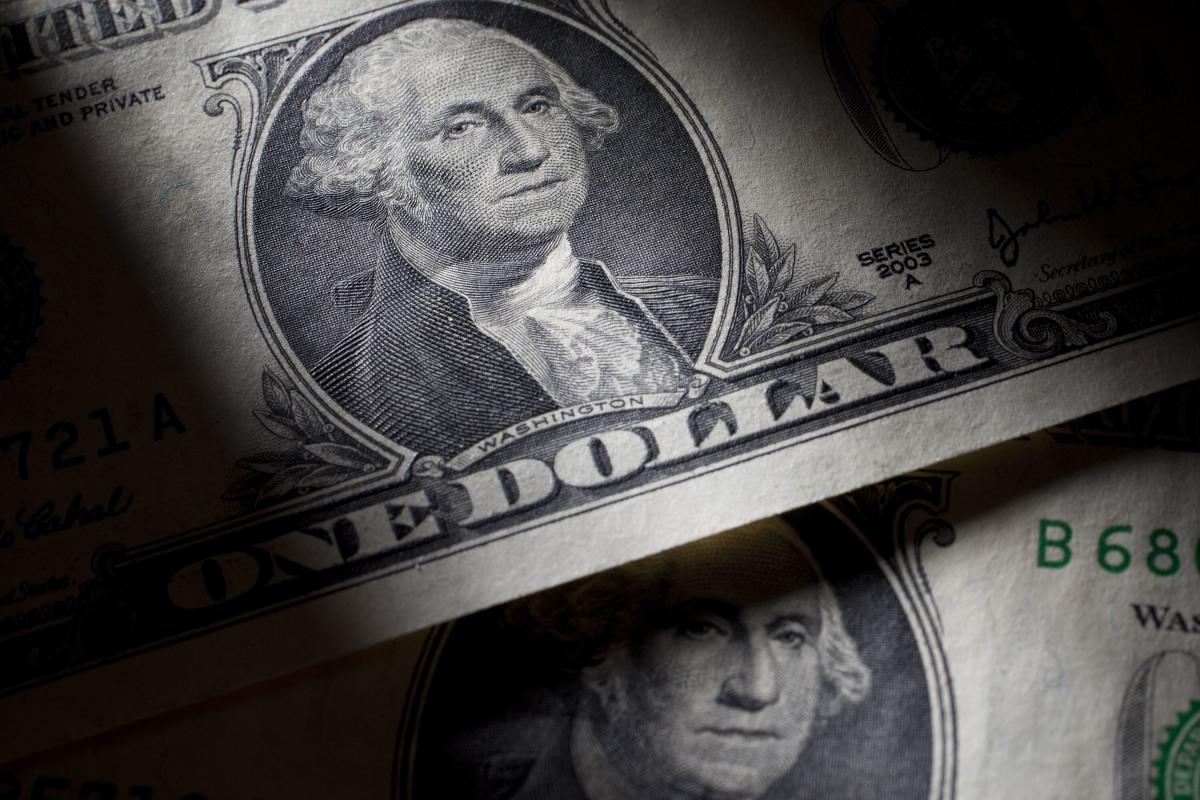Spotlight
Finance
Technology
Looking for Thursday’s Strands hints, spangram and answers? You can find them here: Hey there,…
Join our mailing list
Get the latest finance, business, and tech news and updates directly to your inbox.
Top Stories
A top investor in Glosslab says he is “no longer associated” with the embattled nail…
According to the latest financial advisers league table by research and analysis company GlobalData, Evercore…
Wall Street stocks closed lower on Thursday as markets were stunned by data showing slower-than-expected US economic…
STRONGSVILLE, Ohio — In the midst of the record-breaking 2024 Minto US Open Pickleball Championships…
Meta plunged nearly 11% Thursday after the Facebook-parent forecast higher expenses over its plans to “invest…
Lenovo announced a comprehensive set of AMD-based updates to its AI infrastructure portfolio, which include…
The Midtown office tower that inspired the 1968 hit song “Mony Mony” has sold for…
Apr. 25—A former New London-based financial adviser has agreed to a nearly $6 million settlement…
A top First Amendment law firm is assembling a lawsuit of creators and small businesses…
TikTok owner ByteDance reportedly would rather shut down the popular video-sharing app than sell it…
A former Red Deer financial adviser has been charged with theft and fraud. Marc St.…
Looking for Thursday’s Wordle hints, clues and answer? You can find them here: We’re quickly…









































